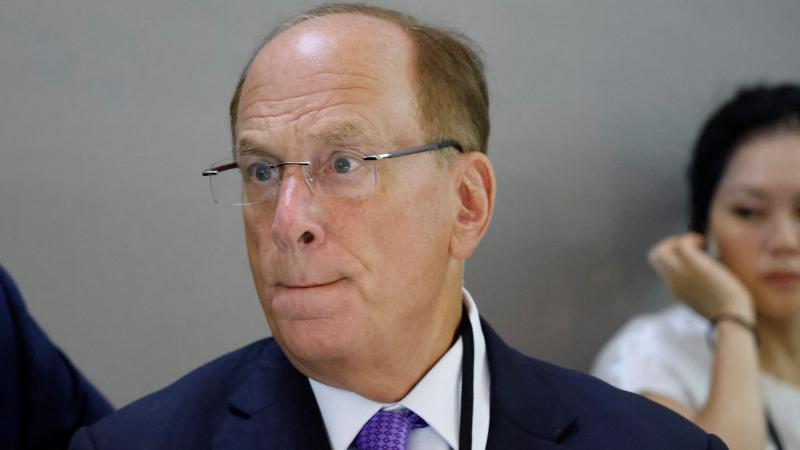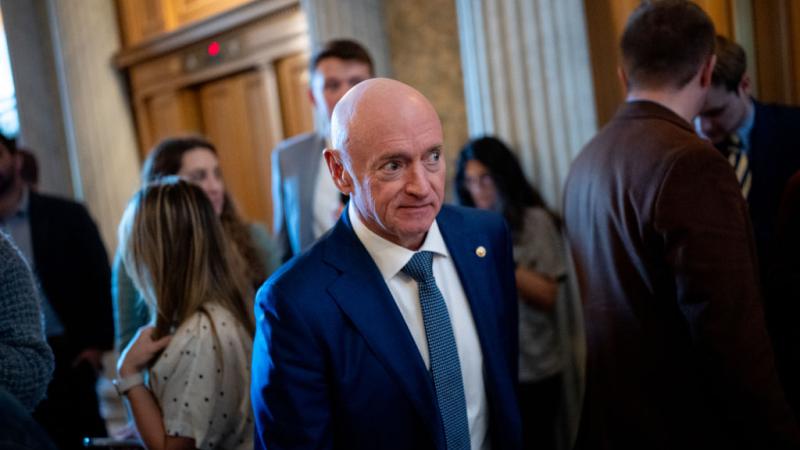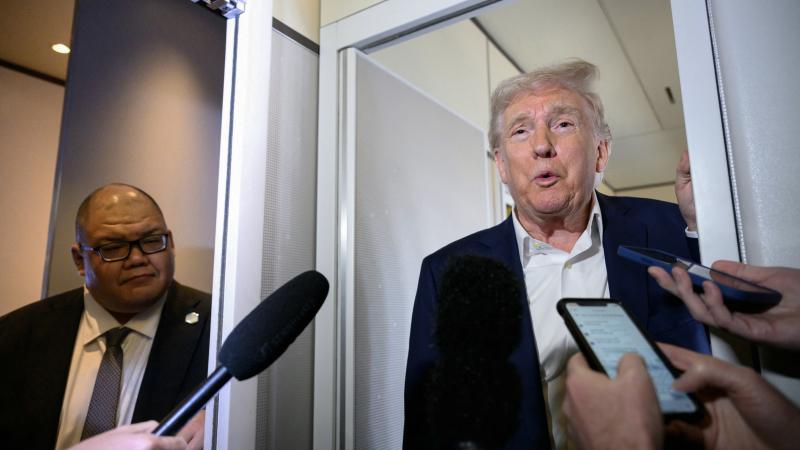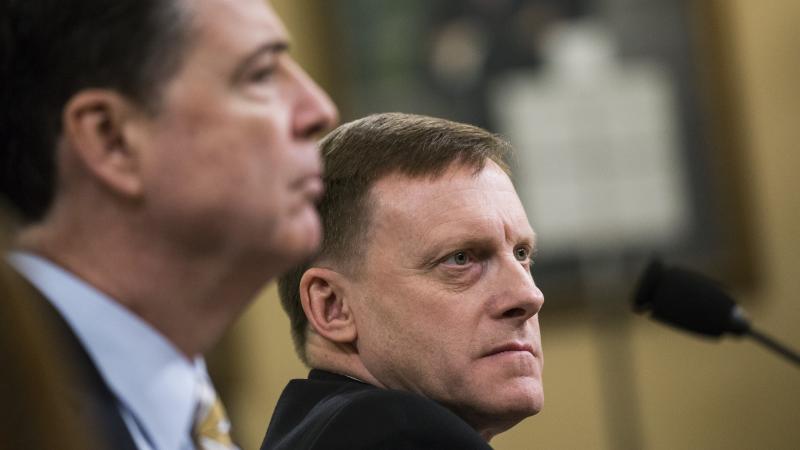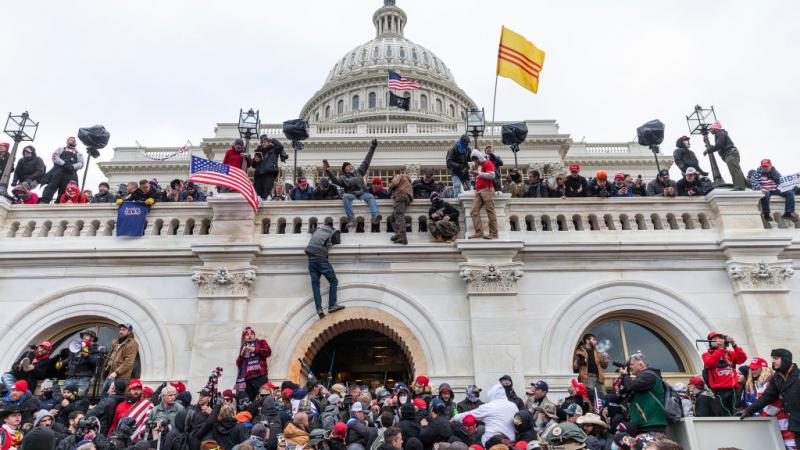Reluctant Republican budget hawks warn Johnson to stand by promises: 'Non-negotiable'
U.S. Rep. Chip Roy, R-Texas, who had dubbed the current policy baseline “a joke” but eventually folded, called the Senate’s promise a “non-negotiable deal-breaker” that he expects to see in the final product.
Following a nail-biter budget resolution vote in the House Thursday that unlocked the next steps in the budget reconciliation process, top Republican lawmakers are now faced with finding the promised spending cuts demanded by fiscal hawks.
The passed budget resolution, initially proposed by the House and then significantly amended by the Senate, promises $1.5 trillion in House committee cuts and only $4 billion in savings from Senate committees.
Republican leaders were eventually able to gather enough House votes for the $5.8 trillion budget framework to pass, but only after committing to cut more spending than required by the actual budget package.
U.S. Rep. Andrew Clyde, R-Ga., initially opposed the revised budget resolution due to the discrepancy in the chambers’ cost-cutting instructions.
But he ended up voting for the bill after receiving verbal commitments from House Speaker Mike Johnson, R-La., and Senate Majority Leader John Thune, R-S.D., that the final budget package will mandate Senate committees also find $1.5 trillion in cuts, rather than $4 billion.
“We also received written assurances from the Speaker that no final budget reconciliation bill will come to the House floor unless it is budget neutral or reduces the deficit,” Clyde said. “As a fiscal hawk, I will hold both my House and Senate colleagues accountable in delivering on this promise.”
Originally priced at $4.5 trillion — with $3.8 trillion due to extending much of the 2017 Tax Cuts and Jobs Act for the next ten years — the final budget resolution adopted a current policy baseline through a Senate amendment to recalculate the costs.
The current policy baseline, which critics are calling a “gimmick,” treats the tax cut extension as a continuation of current law rather than new policy, putting the cost at zero dollars instead of $3.8 trillion.
Outside fiscal watchdogs, Democrats, and multiple House Republicans have condemned the budget plan for using “magic math” to finance what will amount to an explosion of the federal debt and deficit.
U.S. Rep. Chip Roy, R-Texas, who had dubbed the current policy baseline “a joke” but eventually folded, called the Senate’s promise a “non-negotiable deal-breaker” that he expects to see in the final product.
Republican leaders also enticed Roy and Rep. Andy Biggs, R-Ariz., to vote yes with promises of repealing green energy-related subsidies from the Inflation Reduction Act and student loan forgiveness to make new spending deficit-neutral.
“Speaker Johnson has reiterated that he will not bring a bill to the Floor that does not conform to the House’s framework – this means any proposed budget must contain spending cuts of at least $1.5 trillion, must pay for new tax relief programs, and must not increase the deficit or our national debt,” Biggs said.
In the coming weeks, House and Senate committees will begin the arduous process of crafting legislation directing how, and how much, specific programs must cut or can spend under the budget resolution’s framework.
The massive final package, expected by early summer, would allow President Donald Trump to implement his promised tax, border security, defense, and energy policies. Due to the rules of the budget reconciliation process, Thune only needs 51 votes for the legislation to pass.


